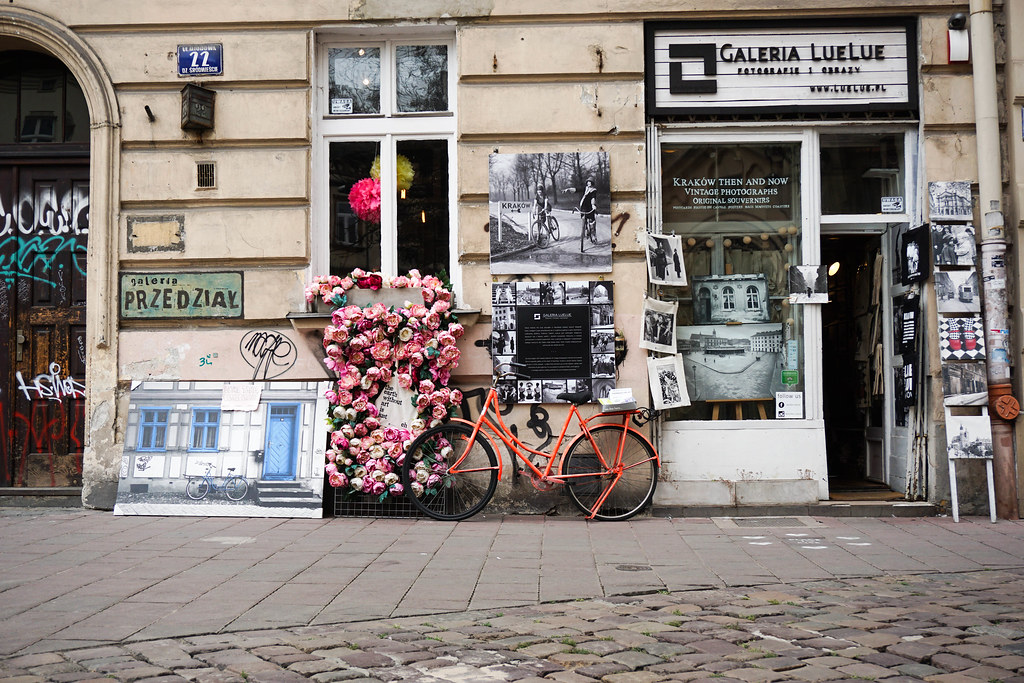 After three days spent in underrated by tourist Warsaw we moved to the touristic capital of Poland - Kraków. Also here we were trying to keep our cameras far away from overcrowded attractions.
After three days spent in underrated by tourist Warsaw we moved to the touristic capital of Poland - Kraków. Also here we were trying to keep our cameras far away from overcrowded attractions. After three days spent in underrated by tourist Warsaw we moved to the touristic capital of Poland - Kraków. Also here we were trying to keep our cameras far away from overcrowded attractions.
After three days spent in underrated by tourist Warsaw we moved to the touristic capital of Poland - Kraków. Also here we were trying to keep our cameras far away from overcrowded attractions.

